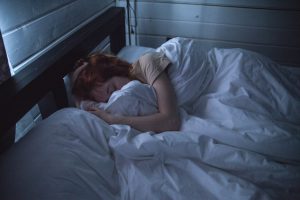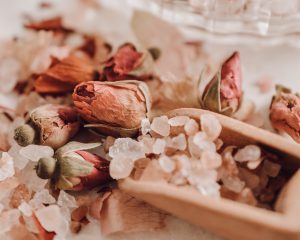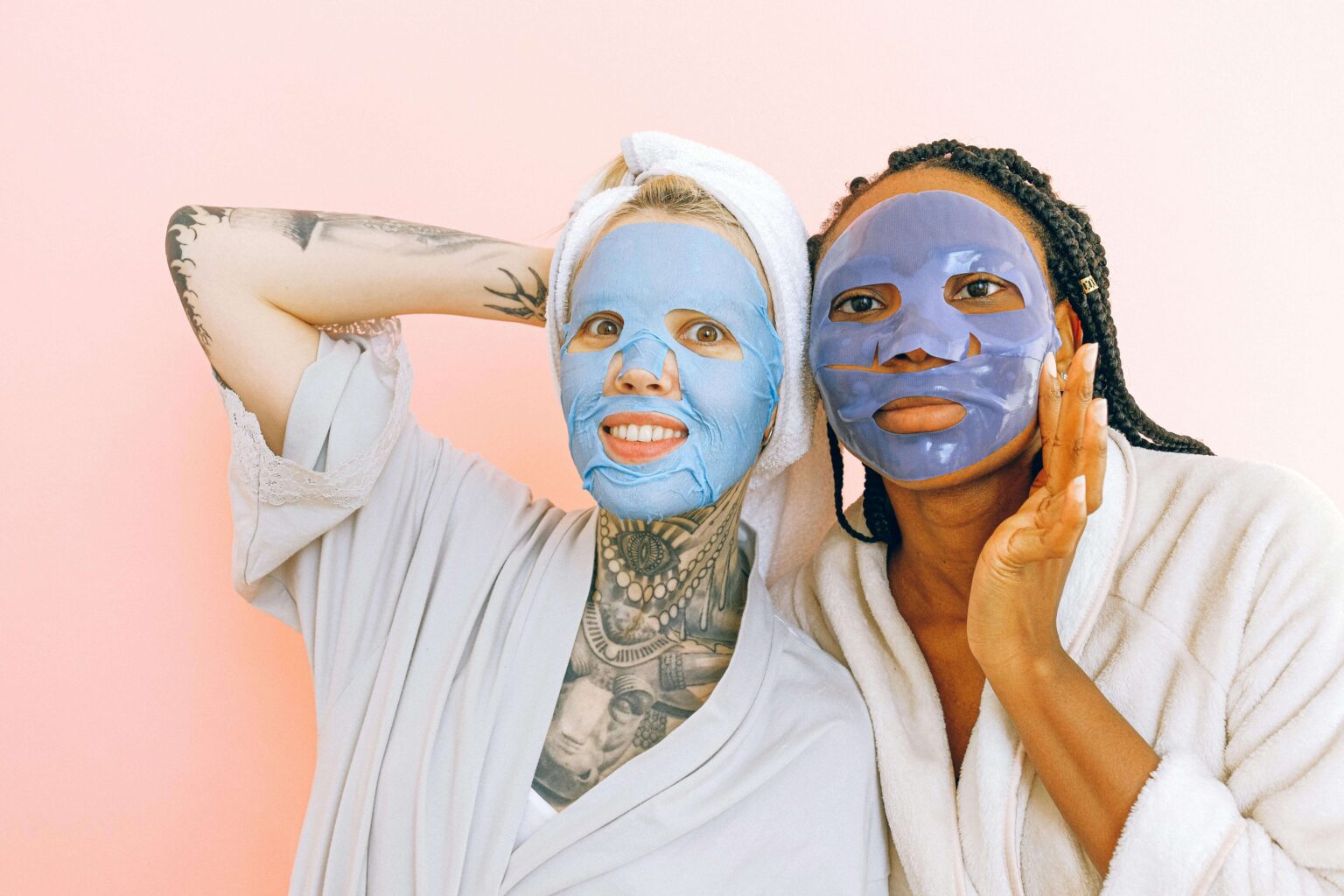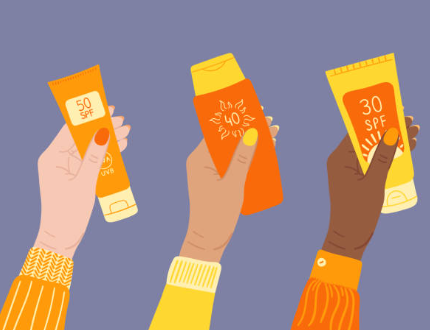Ideas That Will Help You to Sleep—and Keep You Asleep

Do you find it helpful to meditate before bed, or do you prefer a chemical assist? Are you intrigued by the idea that wearing socks to bed may help you fall asleep quicker? Or maybe clothing is not part of the equation for you, but silky sheets are.
If reading murder mysteries in bed is something you enjoy, consider choosing books with less violent characters (like Jimmy Perez and Ruth Galloway). There are many ways to promote restful sleep—it’s up to you which methods work best for you.
The Beginning
A quality mattress is one of the simplest yet most important sleep aids. We’re especially fond of organic mattresses made with natural materials like latex, wool, mohair, silk, hemp, and cotton.
If you haven’t been keeping track lately, 3,000 coils in five zones are considered premium: You shouldn’t be able to feel individual coils when lying down or moving around (motion isolation), and it’s less likely to send shockwaves throughout the bed.
Tech Can Help
Take advantage of indoor lighting during winter’s shorter days to improve your focus and productivity during the day, maintain a healthy circadian rhythm, and get better sleep at night.
The right lamp makes all the difference; some lamps even simulate sunrise, sky-blue daylight, and violet-blue sunset. You can customize it with an app too.
The wavelengths of light are there based on research to provide you with healthy daytime stimulation—together with tailored evening wavelengths that promote a restful sleep cycle. With its large globe made of handblown glass and solid aluminum base, the design is guaranteed to bring joy alone.
You might want to invest in blue-light-filtering glasses, as the light exposure from screens is often not conducive to a good night’s sleep.
Calming Down
If you’re looking for a way to wind down at the end of the day, try chamomile-based tea blended with cherry, rose, lemon balm, lemongrass, lavender, valerian, reishi, and ashwagandha.
If you need something to wake you up or help you get through the midday lulls, electric kettles are wonderful for making green and black tea blends. And if herbal teas aren’t your thing, Ghia’s Non-Alcoholic Apéritif might be a good sipping alternative that won’t keep you up at night like alcohol can.

Supplements May Help
There are times when your body could use a bit of help getting to sleep. Melatonin is a hormone our bodies produce naturally, and taking it as a supplement can give us the boost we need to get some shut-eye.
Start with half a chew if you’re new to it—melatonin really works! Focus on supplements that contain ingredients that encourage the production of melatonin, plus herbs commonly used for relaxation and sleep promotion.
Preparation
Once you’re done with work for the day, it’s important to have a relaxation ritual to help you transition from screens to sleep. A nice, warm bath can be soporific, especially when you add essential oils and salts to your bath soak.
Or if you prefer, lie down on a portable mat with far infrared heat turned up high and let the warm amethyst tourmaline crystals soothe your stiff muscles. Applying a mask before bed is also hydrating and soothing for your skin; the “hydrogel” mask material is composed of 95% organic aloe juice and 5% plant cellulose.
De-Stressing
If you’re feeling frazzled, take five minutes to write in a journal. You can use it as an opportunity to deal with any unsettling thoughts swirling around in your head. If you need to apologize for something, planning out what you’ll say can help ease some of the tension.
And if that sounds too ambitious, consider leaving your favorite vibrator in the top drawer as a way to relax and unwind.
Time to Sleep
A hack for feeling comforted by your partner’s heavy leg stretched across you is to invest in a weighted blanket. This will also be appreciated by those who struggle with sleeping hot.
There are many factors to consider when it comes to sleep temperature, including core temperature, skin temperature, and room temperature.
Sleep scientist Matthew Walker recommends keeping the room cool in order to help lower the body’s core temperature. However, warming the skin seems to be part of a natural process for inducing sleep.
A study showed that people sleep more soundly when the temperature in the room is slightly warmer. Alternately, another study found that cooler temperatures help people fall asleep faster and sleep longer through the night.
Wearing warm socks to bed can be helpful in this case. However, it should be noted that preferences are highly individual—so what works for some might not work for others.



